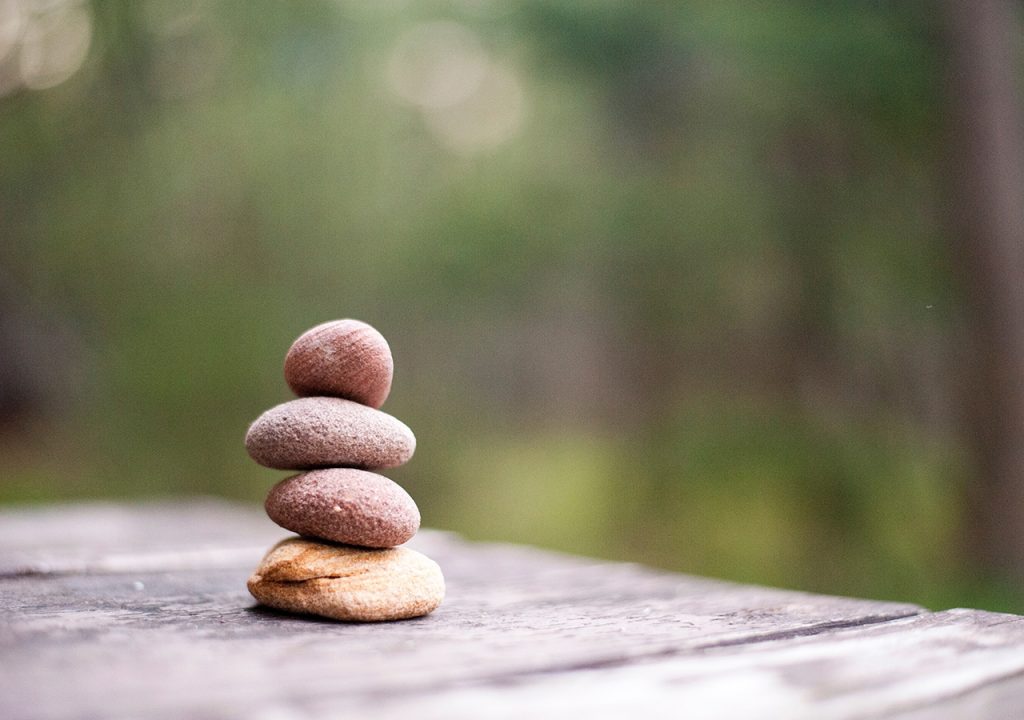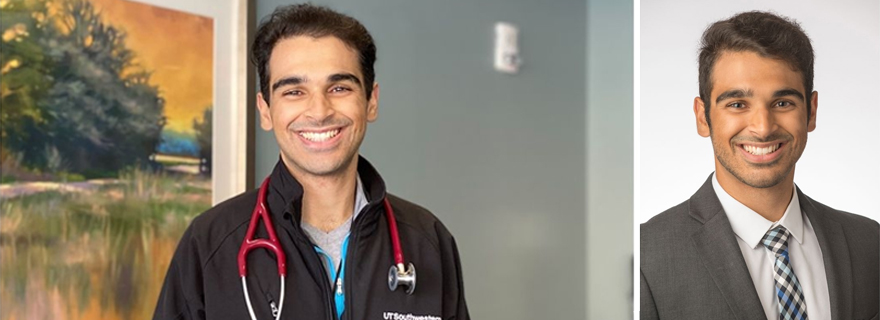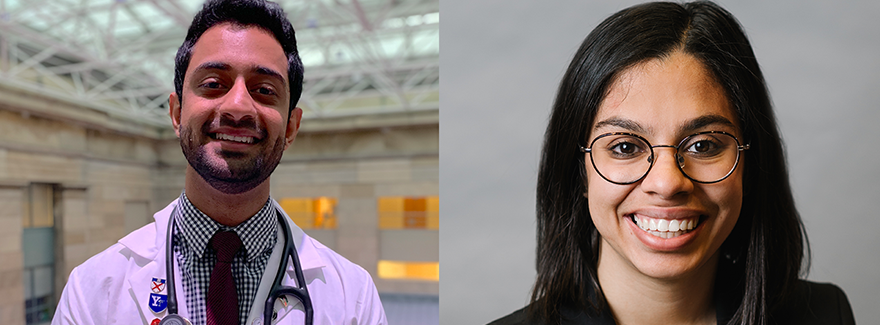Pandemic highlights the importance of mental wellness

According to the American Psychiatric Association, 36 per cent of Americans say coronavirus is having a serious impact on their mental health. This means that in every group of three friends, at least one could be at risk of developing a mental health condition.
It’s true that the pandemic is causing most of us to adjust and make changes in our lives, and managing stress is a part of life — but not everyone copes in the same way.
“While some people can adjust and do well, others may find it difficult to cope,” said Dr Shamin Ladhani, who has a doctorate in psychology.
Knowing what to look for is key in getting someone the help they may need.
“What we are looking for is when someone just cannot cope with the pandemic. They may be having trouble getting out of bed, engaging with friends and family, or they may be fearful of getting the virus,” she said. “If stress is getting in the way of someone living their life, then they may need attention.”
If mental wellness is neglected, people miss out on living the best version of their lives. Often, people wait too long before getting help.
“Sometimes it takes a couple of unfortunate events for someone to realize that something may be wrong,” noted Dr Ladhani.
There are several mental health conditions prevalent today, with depression and anxiety being the most well-known. Mental health issues are characterized by changes in emotions, thinking, and/or behaviors that impact one’s ability to function optimally at work and school, with family, and in relationships.
Additionally, for Ismailis, the temporary closure of Jamatkhanas has had an impact on many people. Our Jamatkhanas are not only places to seek peace and solace, helping many cope with the stresses of everyday life, they are also where we find and enjoy social connection.
A Harvard study on longevity suggests meaningful relationships and social connectedness have a positive impact on emotional, mental, and physical health.
Dr Salim Zulfiqar, MD, noted that mental and emotional health are interrelated. As a psychiatrist and an associate professor of psychiatry at Virginia Commonwealth University, his experiences meet at the intersection of the body and the mind.
“Mental health covers the whole of the human being — if you do not have mental health, there is no health,” he said, offering five simple ways to keep our body and mind healthy:
- Paying attention to our diet — less meat and more plants.
- Engaging in routine exercise, even if it’s mild — sedentary routines are harmful.
- Getting good sleep — the quality of sleep matters just as much as the number of hours slept.
- Keeping away from harmful substances such as nicotine, alcohol, drugs, and excessive caffeine.
- Staying socially connected.
Mental health conditions can affect anyone at any age and all generations should take steps toward managing their mental wellness. Dr Zulfiqar shares his own family as an example to provide perspective.
“We are three generations living in the house… at various stages of life, we all need support,” he remarked, as he underlined the need to have open conversations about mental wellness as a family. “This will help us understand our family members better, their struggles, and give them reassurance and support when needed.”
Today, many elderly members live alone. They are isolated and their pre-pandemic routines, often including morning or evening Jamatkhana, have been severely disrupted.
“As a son, it is my responsibility to compensate for the loss of social contact,” he said, emphasizing the need to check in on aging parents.
It all comes down to us as a family, and as a Jamat, to ensure we remain cognisant of mental health and the very real effects that poor mental health can have on all of us. Staying aware allows us to see people differently without judging them. It allows us to understand the pressures our children may be facing in school or with friends, or perhaps the loneliness our aging parents may be feeling. Maybe it tells us to have more conversations with our spouse or to check in on a friend to see if they need a confidant.
We tend to know more about our bodies than our minds. The pandemic has given us an opportunity to get to know our minds. Having open conversations about mental wellness is a start — and awareness and connectedness can go a long way.




